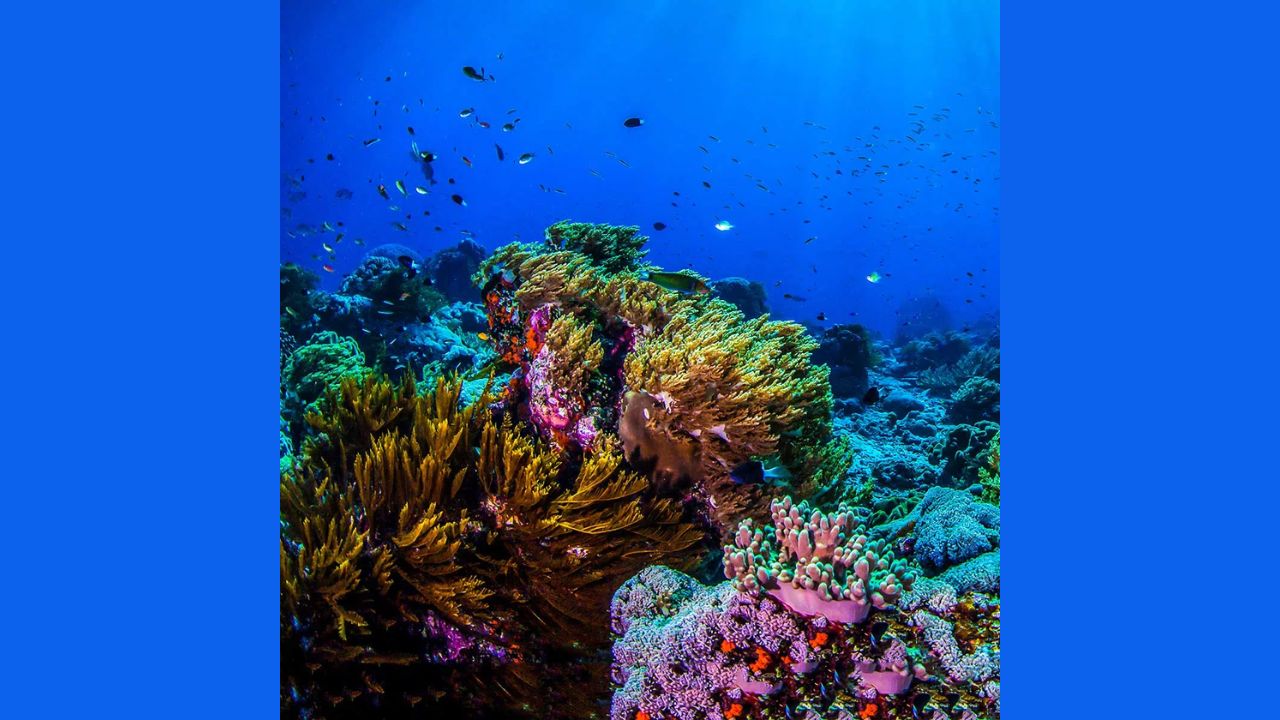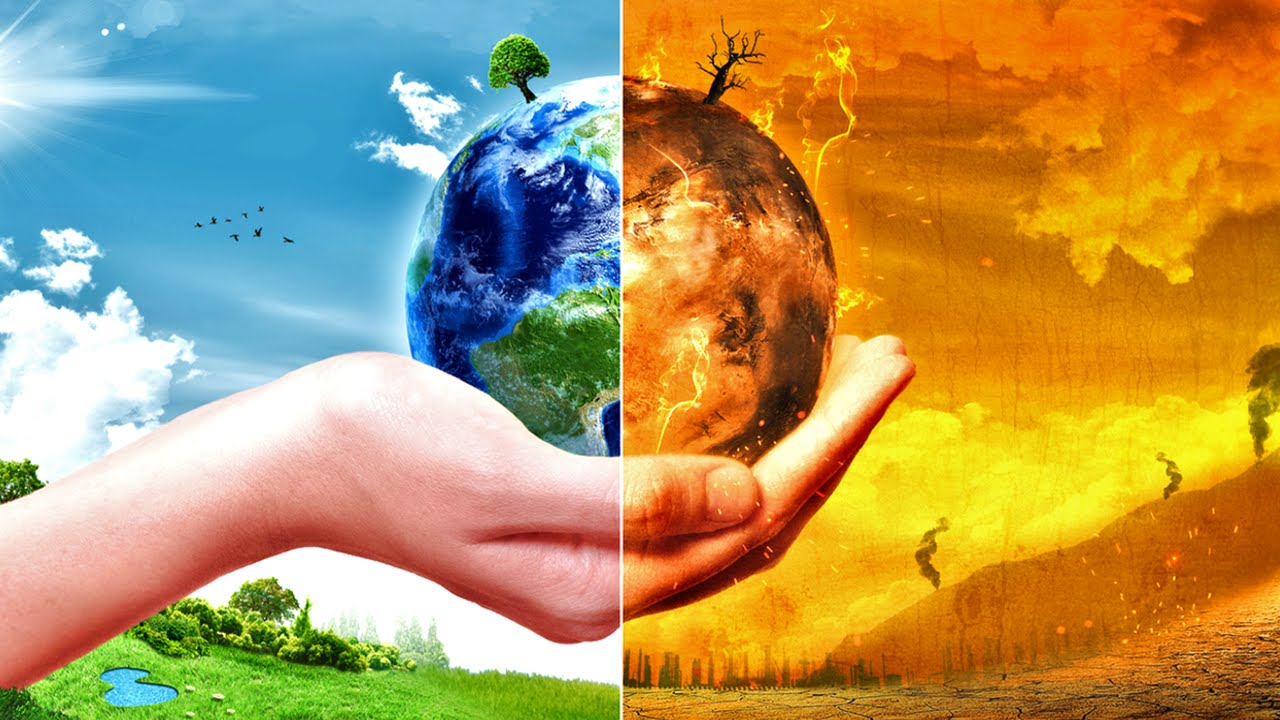Coral Reef Awareness Week 2023: Coral Reef Awareness Week is observed annually during the third week of July. This day raises awareness of the importance of protecting and conserving coral reefs. Coral reefs are one of the most diverse and essential components of the ecosystem, as they provide a habitat for numerous marine species. Additionally, coral reefs serve as a barrier for coastal areas. Unfortunately, these coral reefs have been threatened by pollution, climate change, and unregulated tourism.
Dates for Coral Reef Awareness Week in 2023
The dates for Coral Reef Awareness Week 2023 are July 17-23. The purpose of this week is to educate individuals on how they can contribute to the conservation of coral reefs. Here’s everything you need to know about the significance and history of Coral Reef Awareness Week in 2023.
History of Coral Reef Awareness Week
The majority of coral reefs were formed after the Last Glacial Period, when melting glaciers caused sea levels to rise and inundated continental shelves. The majority of coral reefs are younger than 10,000 years. Multiple environmental factors contributed to the reefs’ upward growth, which matched the rising sea level. Since 1950, coral reefs have decreased by fifty per cent, primarily due to their sensitivity to water conditions. They are imperilled by excessive nutrients such as nitrogen and phosphorus, rising ocean temperatures and acidification, and damaging land-use practices.
Perfect Family Day 2023: Date, History, Significance
Impact of Coral Reef Awareness Week
Corals are crucial indicators of the condition of the ocean. The adage “When corals are thriving, the ecosystem is thriving!” is correct. Multiple factors, including ocean acidification, exploitation, and rising water temperatures, have contributed to coral bleaching. The corals are susceptible to disease and mortality, posing a grave threat to numerous marine species that call coral reefs home. Ecosystem services provided by coral reefs include tourism, fisheries, and shoreline protection. The estimated annual global economic value of coral reefs ranges from US$30 billion to US$375 billion.


















